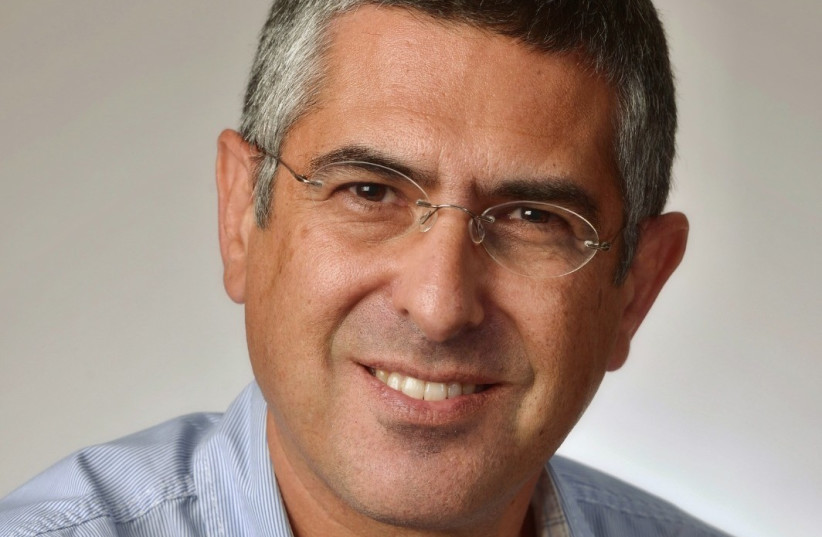Zvika Klier is the CEO of Tigi Solar, a company focused on innovation in the field of renewable heat. He’s been immersed in the field of renewable energy for over a decade, leading his company to develop technology that generates renewable heat for use in both industrial and commercial applications.
Prior to joining Tigi, Klier served as CEO of 3DV Systems, the developer of 3D video cameras sold to Microsoft and serving as the basis for Xbox Kinect and MS HoloLens. Prior to that he was president of Arel Communications Ltd. An MBA graduate of INSEAD business school in France, Klier holds a BSc in electrical engineering from the Technion-Israel Institute of Technology.
Innovation in the field of renewables is making headlines fairly often, but that one term covers a lot of categories, renewable electricity being the star among them. Talk to me about the distinction between renewable heat and renewable electricity.
"We all hear about renewable energy all the time, but in fact, what we actually hear about is renewable electricity. And when we hear about storage, we hear about electric storage. When you hear about people making commitments about where they will be in 2030, 2040, 2050, it’s important to be very careful in listening. Are they committing to zero gas emissions on the electric side, or all of their emissions, electric or otherwise?
“If you look at the way the world uses energy, only about 20% of it [manifests on] the electric grid. So if we solve everything related to electricity in a renewable way, there’s still 80% that we need to take care of. That other 80% of energy is primarily two things: transportation and heat. Heat is approximately 50% of all the world’s use of energy, but the utilization of renewables there is still very small.
“The world burns approximately $3 trillion of fossil fuels a year for heat. If the world wants to actually fight the climate crisis, it needs to solve transportation and heat, both of which are primarily outside of the scope of electricity, which is where renewables are currently focused.”

What’s the biggest success in renewable heat so far, and where do we go from there in order to develop the field further?
“Everyone in Israel has a solar water heater on their roof. It’s great for heating water to shower temperatures, 40°C to 50°C [104°F to 122°F]. But most of the world’s heat production is at higher target temperatures and in colder climate conditions.
“Whoever finds a way to produce heat from renewable sources at higher target temperatures, including in colder climate conditions and at a cost that is lower than burning fossil fuels, is dealing with a very big opportunity. And that’s what Tigi is doing. That’s our vision.
What is TIGI Solar’s flagship technology?
“What we have developed is a new type of solar thermal collector [similar to Israel’s rooftop solar water heaters] that is extremely efficient, even in cold climate conditions. We can even heat buildings in Norwegian winters.
“Our technology allows for higher target temperatures, up to 100°C [212°F], which means we can also do industrial processes as well as commercial heat like kitchens, laundries, stuff like that.”
<br>You<strong> have extensive experience in the energy industry - what’s your take on<a href="https://www.jpost.com/business-and-innovation/opinion/article-703234"> Israel selling fuel to European</a> nations in the midst of the current fuel crisis?</strong>
“If Europe wants to avoid the use of Russian gas, it has to make very dramatic changes in its energy mix. I think Israel can play a role there, and it is actually looking at a really big opportunity. We have several companies dealing in gas, and through them, the Israeli economy could really enjoy some growth.
“Also, take into consideration that it serves the capacity to fight aggression from Russia toward our natural allies. In all regards – political, economic and environmental – this is a good move.”
